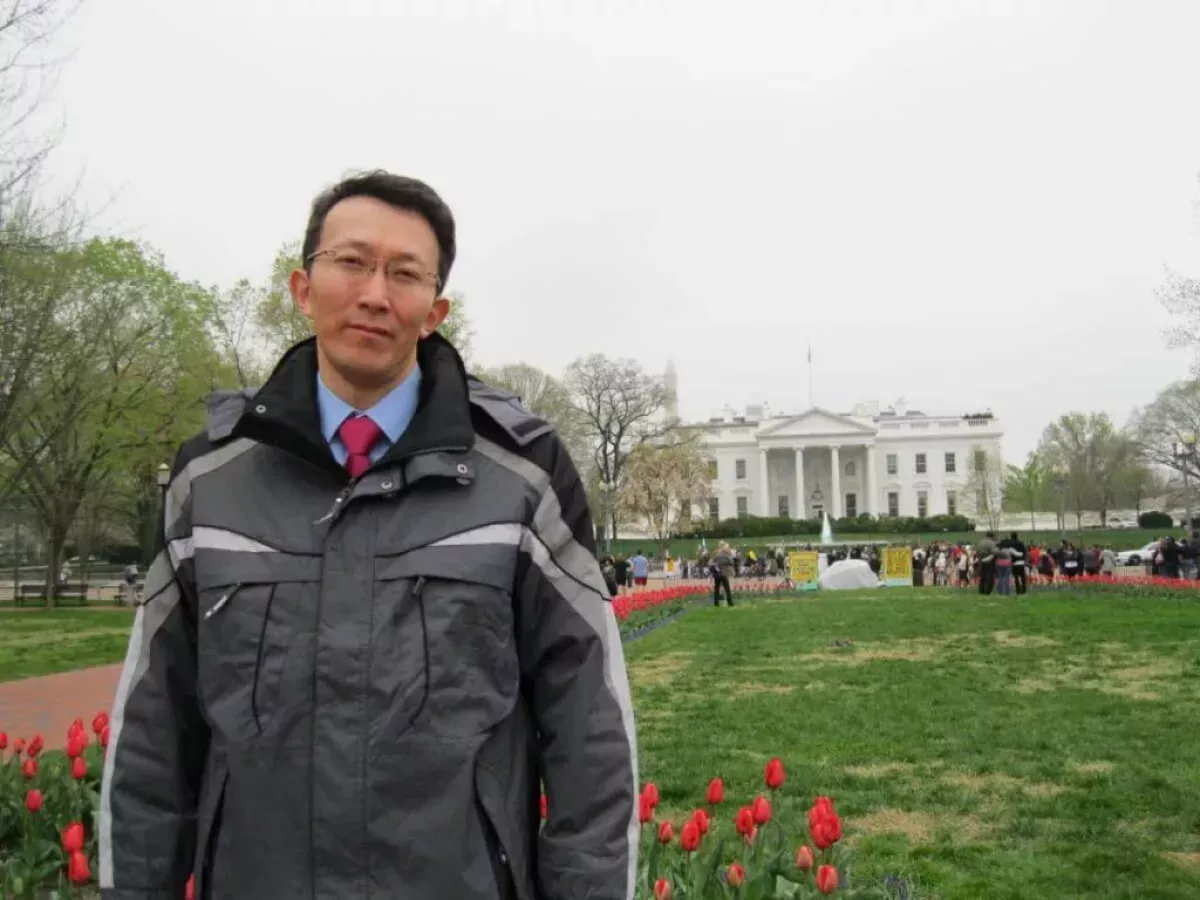Armenian FM's peace rhetoric: No word on constitutional claims Expert insights
“Armenia confirms its readiness to begin consultations as soon as possible to determine the date and place for signing the peace treaty with Azerbaijan.” This statement was voiced by Foreign Minister Ararat Mirzoyan on June 5 during joint meetings of permanent parliamentary committees while discussing the annual report “On the Implementation of the State Budget of the Republic of Armenia for 2024.”
He noted that the Azerbaijani side also expressed its position: “There are certain preconditions. One of the topics is the dissolution of the OSCE Minsk Group, which is acceptable to us. Indeed, once the signed document appears, the conflict will be over. Logically, there will be no need for any structure related to this conflict.”
The minister also stated that the processes of dissolving the OSCE Minsk Group and signing the peace treaty should proceed in parallel: “Two documents could be signed simultaneously.”
And here one cannot help but ask — who are these so-called “peacekeeping” statements from Yerevan aimed at, given that it is well aware of Baku’s position on signing the peace treaty? Besides the dissolution of the OSCE Minsk Group, Baku insists on amendments to the Armenian constitution, which currently enshrines territorial claims against Azerbaijan. The fate of the peace agreement largely depends on this issue, and under Yerevan’s loud but unfounded statements, Azerbaijan will not sign anything.
Therefore, Armenia’s promise to support the dissolution of the OSCE Minsk Group has a very uncertain prospect. However, Yerevan continues to call for the signing of the document, doing everything possible to sideline the issue of amending the Armenian constitution from the peace process.
A Caliber.Az correspondent turned to foreign experts to learn their views on this populist game pursued by Yerevan.

The head of the A+Analytics research centre, Kazakh political analyst Farhad Kasenov, believes that signing a peace treaty is a crucial step that can benefit both sides.
“It will be beneficial not only for Azerbaijan but also for Armenia itself. The country will finally be able to move away from exploiting foreign policy issues and focus on internal development, which will undoubtedly serve as a catalyst for economic growth. We have already seen something similar: whenever Armenia started paying more attention to internal matters rather than preparing for war, its economy noticeably improved and positive shifts appeared. After all, Armenia’s GDP is still not very large, and with proper domestic policies, it is quite possible to double it. It’s challenging, but achievable,” he noted.
Kasenov added that this requires abandoning military rhetoric, revanchist ambitions, and territorial claims. Only by focusing on its own development can Armenia achieve real progress.
He also noted that external observers find it somewhat unclear why the process is being delayed.
“For example, here in Kazakhstan, it is unclear to us why the movement toward a peace treaty is progressing so slowly. After all, it is in the interest of both countries. Perhaps the issue lies in Armenia’s political realities — Prime Minister Nikol Pashinyan came to power riding a wave of democratic populism and is now forced to constantly consider public sentiment. In Armenia, public opinion plays a huge role — it was precisely this opinion that once pushed the country’s leadership toward escalating the conflict. After the defeat in the Second Karabakh War, Pashinyan’s approval ratings plummeted, and no one wanted to take responsibility for the outcome, which was seen as a national defeat. Now he has to maneuver: on one hand, public pressure; on the other, the objective necessity of settling relations with Azerbaijan. His cautious statements are an attempt to find a balance,” Kasenov believes.
The expert also suggests that the Armenian side may be hoping to secure more favorable terms during the negotiations, which is why the dialogue is dragging on.
“The negotiations have been ongoing for almost five years now, but from our observations, the process is nearing completion. In this situation, it is important to remain calm and continue diplomatic efforts — these are what can lead to stabilization. However, there is a complication: the logic of the process is sometimes disrupted. For example, Azerbaijan demands that Armenia first amend its constitution. Yerevan is fully aware of this but continues to call for signing the peace treaty, promising to support the dissolution of the Minsk Group. It’s like putting the cart before the horse,” Kasenov said.

Belarusian political analyst Sergey Tomits believes that Yerevan’s absurdity is obvious and understandably raises suspicion in Baku.
“Pashinyan and members of his cabinet continue to make contradictory statements, which casts a very strange shade over all of Yerevan’s declarations. We have heard all kinds of things regarding Armenia’s constitution: Pashinyan has alternately acknowledged the problem of territorial claims in the Armenian constitution and then denied them, citing the Constitutional Court’s decision.
Most recently, the prime minister stated that he would personally initiate constitutional amendments if the Constitutional Court does not approve the peace agreement with Azerbaijan. So which of his statements should we believe more?
Any statements about dissolving the Minsk Group and other promises also seem laughable against this backdrop. At this stage, Baku tends to doubt the transparency of Yerevan’s position—and not without reason,” Tomits said.








